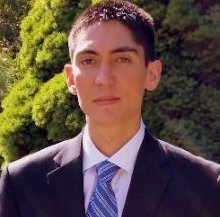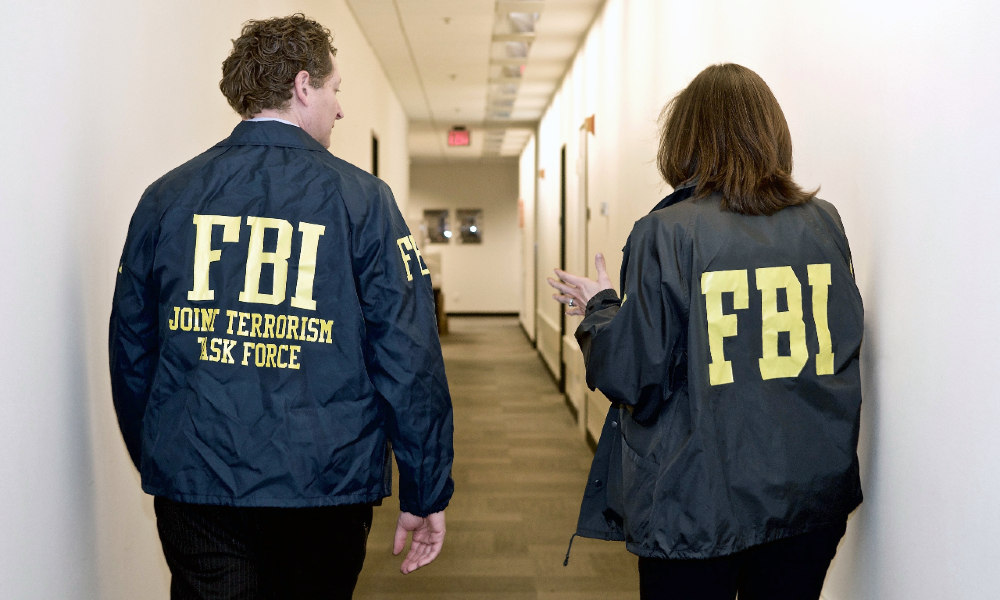NYT v. DOJ, Part 2: Second Circuit Narrows Circumstances in Which Official Statements Waive FOIA Exemption 5 Protection
The five-year targeted killing FOIA litigation by the ACLU and New York Times suffered a setback yesterday when the Second Circuit unsealed an opinion affirming an SDNY ruling from October 2014 allowing DOJ to withhold several OLC documents related to lethal targeting.
Published by The Lawfare Institute
in Cooperation With

The five-year targeted killing FOIA litigation by the ACLU and New York Times suffered a setback yesterday when the Second Circuit unsealed an opinion affirming an SDNY ruling from October 2014 allowing DOJ to withhold several OLC documents related to lethal targeting. The Second Circuit had remanded the case back to SDNY last year in its noteworthy decision (New York Times I) ordering disclosure of the controversial July 2010 Al-Awlaki memo.
Yesterday’s panel opinion by Judge Jon Newman held, inter alia, that the government did not waive its right to withhold a 2002 OLC legal opinion under FOIA Exemption 5 by making public statements on subjects related to the opinion more than eight years after it was written. Exemption 5 protects “inter-agency or intra-agency memorandums or letters which would not be available by law to a party other than an agency in litigation with the agency.” Courts have construed this exemption to protect documents covered by the attorney-client and deliberative process privileges from disclosure, though they have acknowledged that the government can waive this protection by publicly confirming the legal rationales in such documents. See New York Times Co. v. U.S. Dept’ of Justice, 756 F.3d 100, 116 (2d Cir. 2014). According to the Second Circuit’s decision last year, this is precisely what occurred with the July 2010 Al-Awlaki memo. There, senior government officials defended the legality of lethal targeting in public statements made between 2010 and 2012, and then in 2013 released a DOJ white paper that “virtually parallel[ed]” the legal reasoning in the Al-Awlaki memo.
However, the 2002 OLC opinion concerns the applicability of the assassination ban in Executive Order 12333, a “related” topic but not one specifically mentioned in the white paper (or any of the public statements the Second Circuit relied on in New York Times I). Furthermore, the 2002 OLC opinion was written more than eight years prior to the earliest official defenses of lethal targeting’s legality, a fact that gave Judge Newman some concern:
The passage of a significant interval of time between a protected document and a government official’s subsequent statement discussing the same or a similar topic considered in the document inevitably raises a concern that the context in which the official spoke might be significantly different from the context in which the earlier document was prepared. Even if the content of legal reasoning set forth in one context is somewhat similar to such reasoning that is later explained publicly in another context, such similarity does not necessarily result in waiver. Moreover, ignoring both the differences in contexts and the passage of a significant interval of time would risk requiring government officials to consider numerous arguably similar documents prepared long before and then measure their public words very carefully so as not to inadvertently precipitate a waiver of protection for those earlier documents.
Yesterday’s ruling gives the government valuable authority in defending against Exemption 5 waiver claims. Perhaps most importantly, it helps distinguish between the detailed legal reasoning found in formal government documents and the relatively generic arguments found in statements by senior officials. This distinction supports the possibility that the release of the former might constitute waiver but the latter does not. Yesterday’s ruling also supports the argument that a waiver of Exemption 5 privileges for one document cannot be extended to other documents even if the documents are related, particularly when the statement constituting waiver occurs many years later. In any event, the ACLU and Times are likely to see this element of yesterday’s ruling cited in future government briefs, even after this particular ACLU/NYT FOIA litigation ends.





